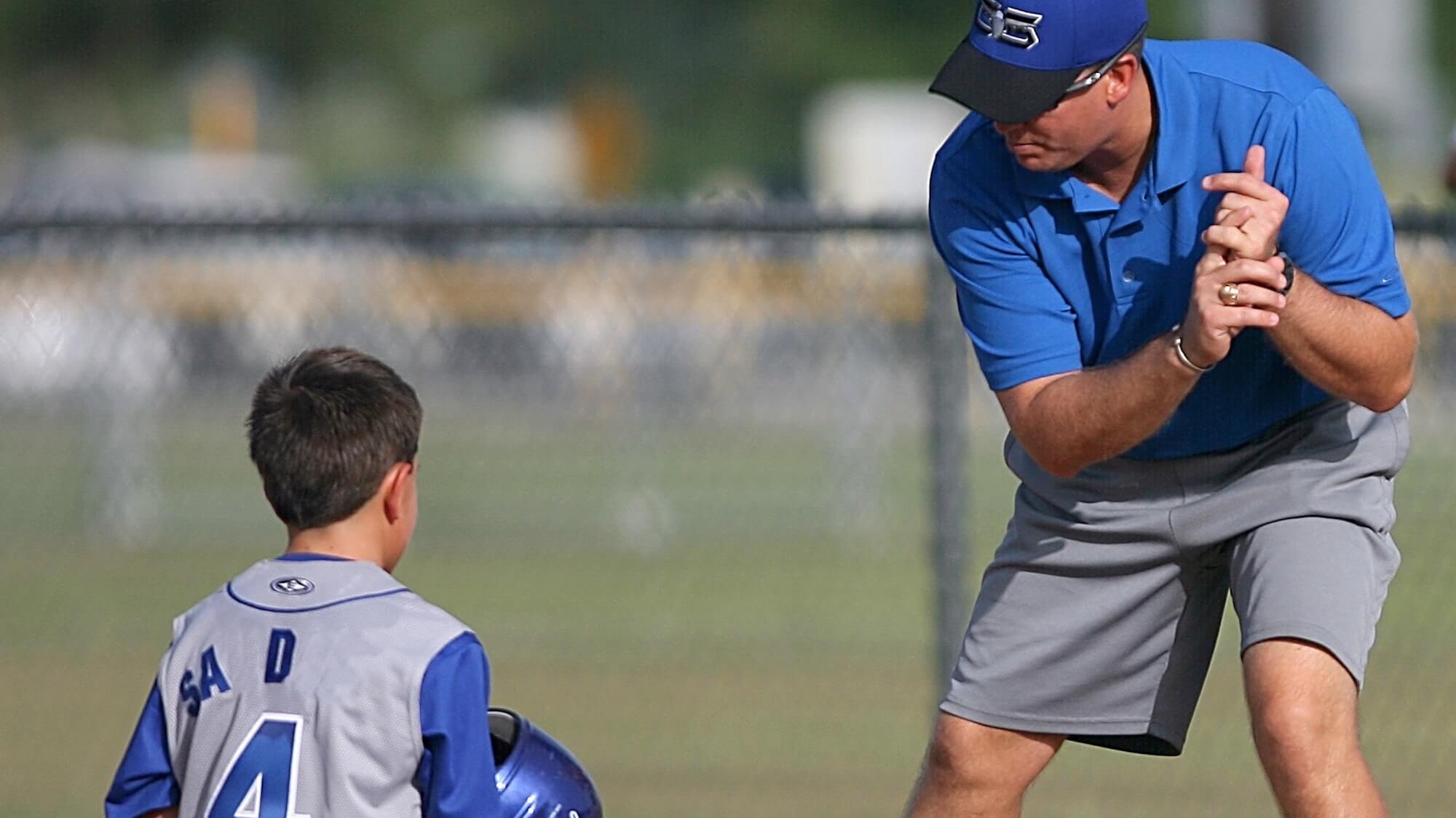In athletics it’s often the off-season that really makes the difference for in-season success. Getting stronger. Building skill. Making adjustments. Updating strategy. Reinforcing culture.
Team culture is the x-factor
Most coaches will tell you that a resilient and positive team culture is often the X-factor that makes a difference between winning and losing. It inspires maximum effort from players. It attracts and retains the best talent. Who wants to put forth maximum effort or be on a team whose culture is demeaning, transactional, or toxic, right?
So, here’s the thing. Emotionally healthy athletes will respond to just about any coaching and motivational technique – even in a subpar team culture. But, emotionally fragile and trauma-affected athletes will not. And, let’s face it, in the time we find ourselves this is a large and growing number of the players (and coaches). It’s not that emotionally fragile and trauma-affected athletes are weak, unteachable or rebellious.
Emotionally healthy athletes will respond to just about any coaching and motivational technique, but trauma-affected athletes will not.
The fact is trauma and toxic stress directly affects ATHLETES’ brains, their ability to learn, how their bodies handle ongoing stress, how they build relationships with team members and respond to authority, and even their core belief systems.
Three ways coaches can help
With that in mind, here are three ways that understanding and responding to toxic stress and trauma can make your offseason the strongest it can be.
1
Your players need to feel safe
Athletes might be physically safe when in the facilities or engaging with teammates and staff, but if they don’t feel safe it won’t really matter. Feeling safe allows a person’s brain to calm and to more easily engage in things like decision making, hard work, taking ownership, building relationships, and problem solving. If you’re installing a new scheme, problem solving and decision making are key. Hitting the weight room or working on cardio? Working hard is a must. Giving individual coaching? If an athlete doesn’t feel safe, their fear brain fires up and they won’t be able to hear you or retain what you said. Trying to build a stronger sense of team? Fear cripples the efforts. Click here for a quick evaluation to see how you’re doing building felt safety.
2
Respect and enforce boundaries
For far too long physical aggression and in-your-face verbal interaction has been the go-to motivation technique in athletics.
As this Psych Central article says “The old school of thought was that a little yelling at players will ‘toughen them up and prepare them for real life.’ Fortunately, we now know better.”
Again, for an emotionally healthy athlete this might work – for a time. But these techniques don’t bring out what a modern athlete needs. It might create temporary compliance, but it will never build trust, lead to players that can make the necessary adjustments in the heat of competition, or create a culture where feedback leads to breakthroughs in strategy and team-building both on and off the field.
3
Build trust and connection
No other idea is more foundational to building a resilient and positive culture than establishing trust and connection. A central concept in making this a reality is to “connect before you correct”. This doesn’t have to be rocket science or require a counseling degree. Simple, intentional interaction can build this foundation. From our Coaches Playbook training there are four “powers” that can go a long way!
- The Power of Praise – call out a player’s effort, behavior, or character;
- The Power of Presence – take just 2-3 minutes to show players you just enjoy being with them;
- The Power of Approval – approval of a player no matter their behavior or level of performance; and
- The Power of Repairing Ruptures – Clear the air. Show humility and apologize when you make a mistake.
Want to learn more?
Take this quick assessment to find out how your program is doing at creating psychological safety and building connection as the first steps toward creating a resilient and positive culture.
And, if you want to gather your staff or other coaches in your network for some off-season training in how to build the kind of resilient and positive culture you want – Trauma Free World has training with athletics specifically in mind. Contact Brian Bertke at brianbertke@traumafreeworld.org to learn more.
Few endeavors have more influence on people than athletics. Commit yourself to being the best coach you can be. Your players and staff will notice and respond to the difference your culture makes!


